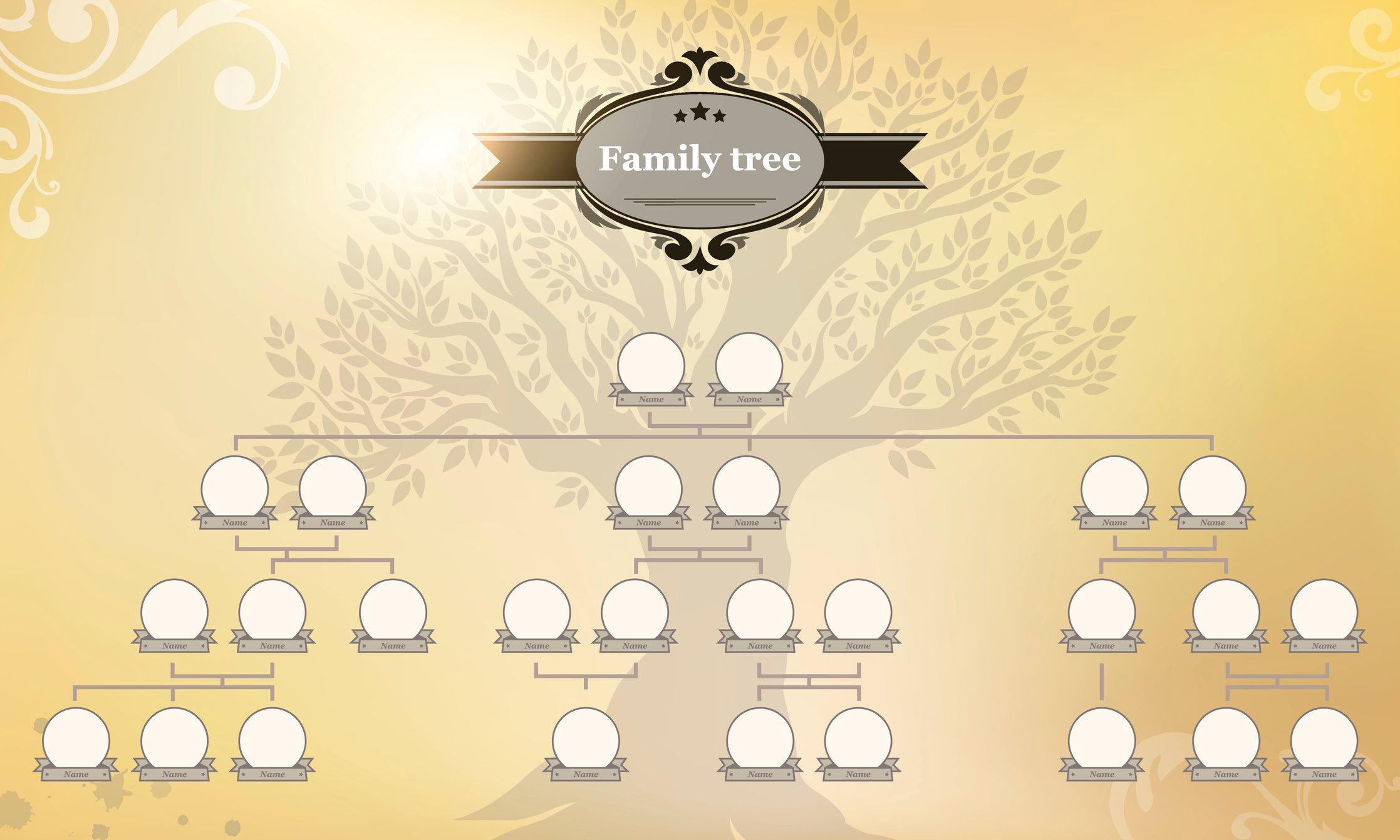
Our identities are rooted in our family history. Most of us know bits and pieces of our genealogy via our shared stories and a hodgepodge of growing-up memories. But really, getting a handle on our family and its past generations is a very big research project and it can be a fascinating journey.
Unless your family already had members who did the work of charting and digging for information on the family tree, you may not know where to begin. After all, most of us know our parent’s and grandparent’ stories, but not much beyond that. And if your family emigrated from one country to another, the sources of information may be thousands of miles away.
Thankfully genealogy is a popular hobby these days and the resources are many. It’s a good idea to keep careful records as you do your research, both online and in hardcopy notes, pictures, photo copies and the like. But where should you begin to uncover your family history?
What do you already know?
Begin your family history journey by jotting down everything you currently know. Where were your parents born? What years? What were their life experiences? Did anyone serve in the military, note levels of education achieved and so forth.
Continue on with grandparents and any other family members you know about.
Beyond that, there will be clues to the past in your home and the homes of family members. Look for photos, which often have names and dates written on the backs. Find old letters, wills, birth, marriage and death certificates. Check out the family Bible for important dates. Leaf through old yearbooks, scrapbooks, photo albums and newspaper clippings.
Do Some Family Interviews
When you’ve exhausted all the resources close at hand, it’s time to interview older family members. Sadly many people wait until parents and grandparents have passed on before they realize they have lost important family history. Get those interviews and stories now, while you can.
Ask for the basic data, but also give your relatives and friends the chance to tell important stories and share memories. Those stories hold the heart of the lives lived before and will often produce much more than mere dates and places; they’ll encompass the challenges and joys of life in earlier times.
Begin to Chart Your Family Tree
At some point you’ll want to begin a family tree chart. Templates for these are easy to find and range from free printables to extensive and often expensive hard copies. Many people find it easier to keep informal charts as the research begins and then later move the information to a more permanent format. There are online programs that allow people to move genealogical information from one site to another, thus combining all they’ve learned to that point.
Locate Your Sources of Information
Once you’ve done your basic family research and compiled it into a file, it’s time to go further. Maybe there is a missing family member, or a branch of the family with very little information. It’s time to set some goals and focus your attention on the information you want to find next.
There is a dizzying amount of information, search programs and genealogy resources online. You may want to begin with good, old-fashioned in-person research in places like your local library, the county courthouse records, historical societies, cemeteries and so forth. In some cases you can find this sort of information for places far away by searching online.
Then it’s on to databases such as voter registrations, census records, genealogy message boards, military records databases, and obituaries. There are many websites that will help you get started on your unique research needs. Several of them are www.ancestry.com, www.legacytree.com and www.ancestry.co.uk. The largest genealogy library in the world is housed in the Family History Center in Salt Lake City, Utah. Their website is www.familysearch.org.
The whole concept of researching a family history may seem a bit overwhelming. For a clear guide to beginning simply and then moving on to finding more information in an orderly manner see: Your Family History Journey.
At some point you may consider doing a DNA test to determine your geographic origins. These ancestry tests may reveal both health and origin information. Several of the best-known companies for DNA testing are CRI Genetics, 23 and Me and AncestryDNA.com
Compile Your Data and Store It for Future Generations
As you do your research you’ll gather quite an assortment of pictures, photocopies and newspaper clippings. Add to that a printed family tree and you’ll soon wonder what to do with all the “stuff.”
There are several programs designed to help you manage all your genealogical records. The first is Legacy Family Tree. Another is RootsMagic.
Tracing your family history is an ongoing project. The more you search, the more you’ll find. Are you ready to delve into your family’s fascinating past? There may be surprises and unsolved mysteries along the way, but the journey is a worthwhile and satisfying one as you learn about the lives of those who have gone before.
Click here to read more Ask Granny News from The Olive Press.









Good day,
Family Trees can certainly be fun and educational. They can also be surprising. I wrote my memoir about the time I found out my dad wasn’t really my dad. With DNA tests more readily available, this kind of thing is happening more often…
It was very cathartic for me to write my story, meet a sister I never knew I had, and learn all about my new family tree. Check it out!
https://bit.ly/descendant-deception
http://www.descendantdeception.com
Thanks! KimiB